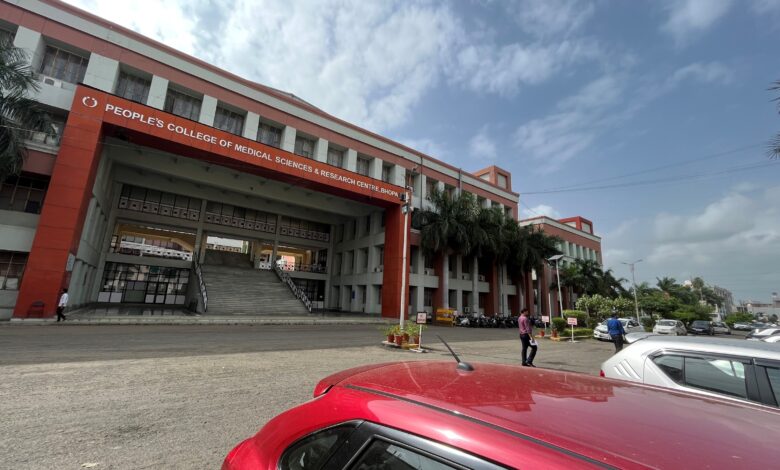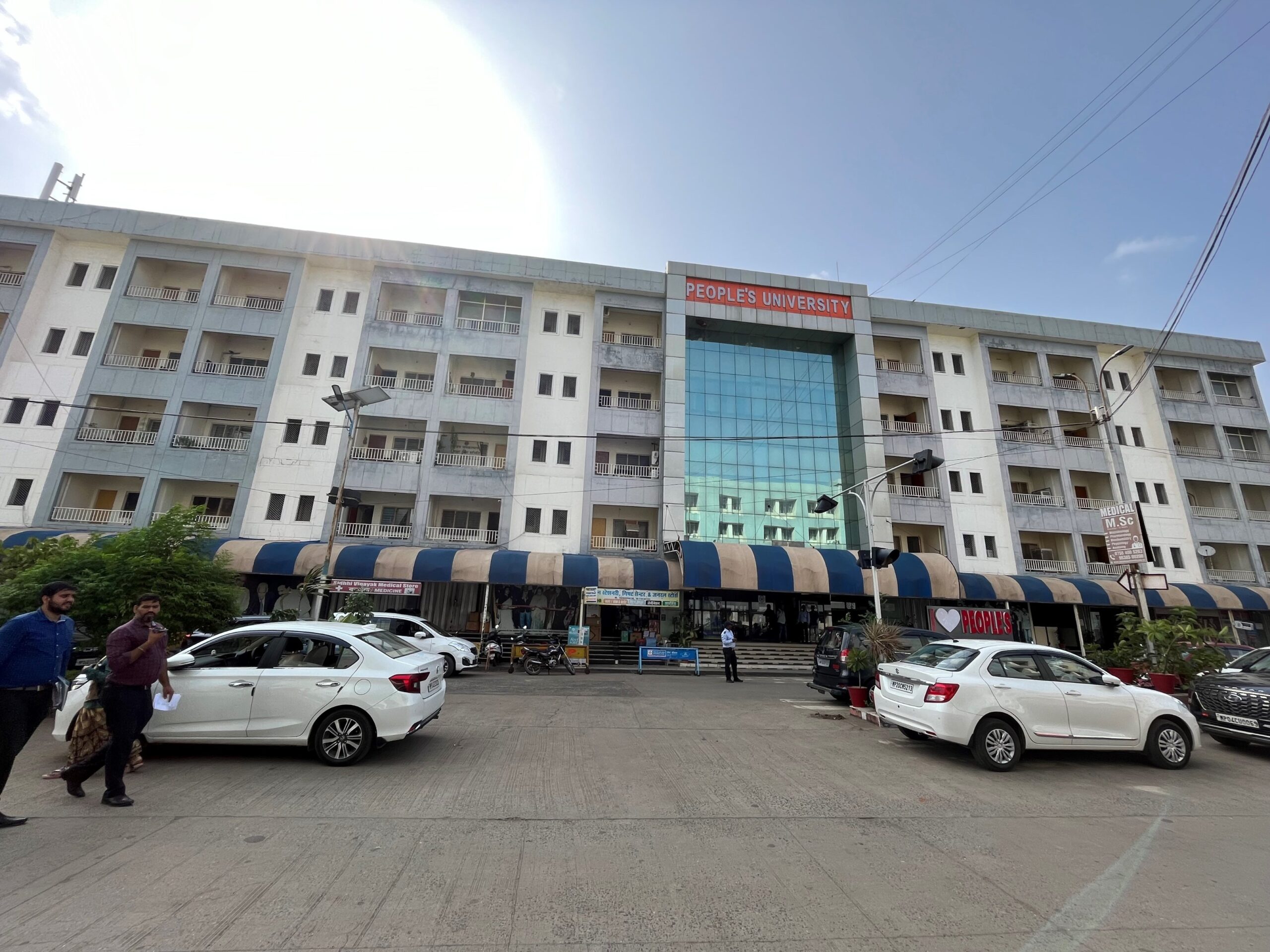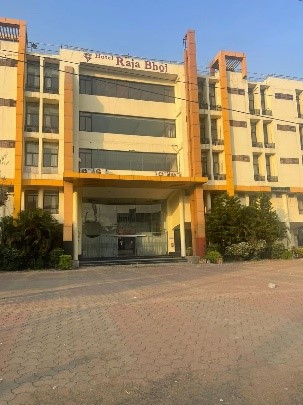Enforcement Directorate Takes Action: Properties Worth INR 230.4 Crore Attached Under PMLA in ‘Peoples Group, Bhopal’ Case

In a significant move, the Enforcement Directorate (ED), an agency under the Government of India, has provisionally attached properties valued at INR 230.4 Crore (approximately $31 million) under the provisions of the Prevention of Money Laundering Act (PMLA) of 2002. These properties include land, buildings, and machinery linked to the ‘Peoples Group’ in Bhopal, Madhya Pradesh.
The attached properties encompass a diverse range of assets, including colleges, schools, a training center, a paper mill, newsprint machinery, and more. In addition to these assets, the ‘Raja Bhoj Hotel’ of the group has also been attached to the government’s accounts.

This action was taken following an investigation that revealed financial irregularities in the Peoples Group during the period from 2000 to 2011. It was discovered that the group had benefited from interest and other means during this period. Moreover, between 2000 and 2022, S.N. Vijayvargiya earned an income of INR 594.65 Crore ($80 million) through his companies in an improper manner. To manage this income, a public trust named ‘Sarvjanik Nyas’ (SJPN Trust) was established, with S.N. Vijayvargiya himself as a trustee.
It was further revealed that S.N. Vijayvargiya owns 99% of the shares related to the purchase of assets and property construction in ‘PGI Infrastructure and Services Private Limited.’

The Enforcement Directorate made this announcement through their official Twitter account.
This action underscores the government’s commitment to addressing financial improprieties and ensuring the enforcement of the Prevention of Money Laundering Act. The Enforcement Directorate’s actions aim to maintain the integrity of financial systems and ensure transparency in such cases.
About the Prevention of Money Laundering Act (PMLA):
The PMLA is an Indian law that aims to prevent money laundering and provide for the confiscation of properties obtained through money laundering. It has provisions for the attachment and confiscation of properties involved in money laundering offenses. The law also focuses on establishing mechanisms for the reporting of covered transactions and the combating of money laundering activities.




